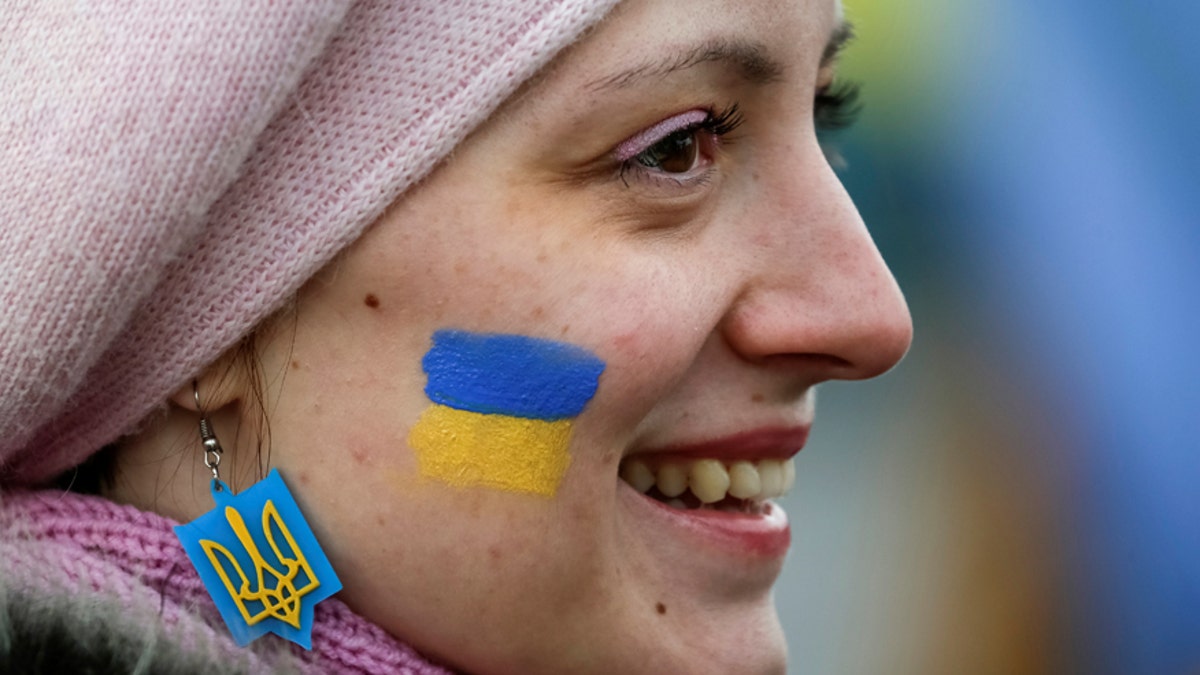
File photo. (REUTERS/Gleb Garanich)
If you've ever caught yourself thinking, "She looks like a Sue," or "He doesn't look like a Bob," a new study may back up your instincts about whether people's names suit them. In fact, people often do "look like their names," perhaps especially those named Tom or Veronique, the research suggests.
In the study, researchers found that people could correctly match an unfamiliar face to that person's name at a rate higher than expected due to chance, according to a new study. In two experiments involving 185 participants in Israel and France, people were shown only color headshot photographs of 25 total strangers, and the researchers asked them to guess the stranger's name from a list of four or five name possibilities.
For example, a participant who is shown a face and given four names to choose from has a 25 percent chance of guessing the right name. But in the study, the 70 participants in Israel matched the correct name to the face about 30 percent of the time. [Smile Secrets: 5 Things Your Grin Says About You]
And when a similar experiment was repeated with the 115 participants in France, these men and women matched the correct name and face 40 percent of the time.
More From LiveScience
Which names were some of the easiest to connect to a face? The study found that French participants could accurately identify a Veronique nearly 80 percent of the time, while Israeli participants could accurately recognize a Tom more than 52 percent of the time.
The ability to match a name with a face requires the reliance on existing name stereotypes, said study author Yonat Zwebner, who conducted the research as a doctoral candidate at Hebrew University in Jerusalem.
When people attempt to match a name to a facial image, they may use personal, social and historical information to get some clues, Zwebner and her colleagues wrote in their findings, published Feb. 27 in the Journal of Personality and Social Psychology.
Names and faces
The findings also suggested that people's hairstyles play an important role in how easy it is for their names to be guessed correctly. In one experiment, the researchers Photoshopped some of the images so that a few of them clearly showed the hairstyle, ears and neck while the facial features were blurred. In a second scenario, only the facial features — such as the eyes, nose, mouth and cheeks — were clear, and the hairstyle and neck were digitally removed. And a third set of images showed the full facial image, including hair and facial features.
The results showed that the participants matched the correct name and face 36 percent of the time, on average, in the full-facial photos; about 33 percent of the time when the hairstyle was visible; and 30 percent of the time in the photos with only the facial features visible.
It's possible that people tend to choose hairstyles that fit the stereotype of their name, Zwebner told Live Science.
However, the overall findings also revealed that the participants were able to best match the faces to the names when the faces they looked at came from within their own culture. In one of the study's eight experiments, French study participants were unable to match Israeli names and faces at a level above random chance, and this same effect was observed when Israeli participants were asked to match French names and faces.
A familiarity with local names and faces through repeated exposure to them may help people develop the ability to know the "right" facial appearance linked with a name, the researchers said. [10 Things You Didn't Know About You]
But it was not just people who could put names and faces together; a computer could do it, too, according to the study.
The researchers developed a learning algorithm that taught a computer how to match 94,000 faces with their names. Then, the computer was presented with a new facial image and two possible names for each. Random guessing would have given the computer a 50 percent chance of being accurate, but the trained computer was shown to be 54 to 64 percent accurate when predicting a name.
The results are extremely strong support for the idea that there are indeed facial features associated with certain names, Zwebner said.
The findings also may demonstrate that names, which were chosen for us by others, can influence the way people look based on interactions with society, Zwebner said.
Zwebner suspects that a self-fulfilling prophecy — or the idea that if other people expect certain things from a person, that individual may eventually fulfill these expectations — may be one possible explanation for the face-name-matching effect.
If, for example, society assumes that people with the name Katherine share a similar stereotype, including those based on her appearance, then people will interact with a woman named Katherine in a way that matches this shared stereotype, Zwebner explained.
As a result, over time, Katherines become more and more like a Katherine is expected to be, resulting in a specific matching look, she said.
Originally published on Live Science.




















